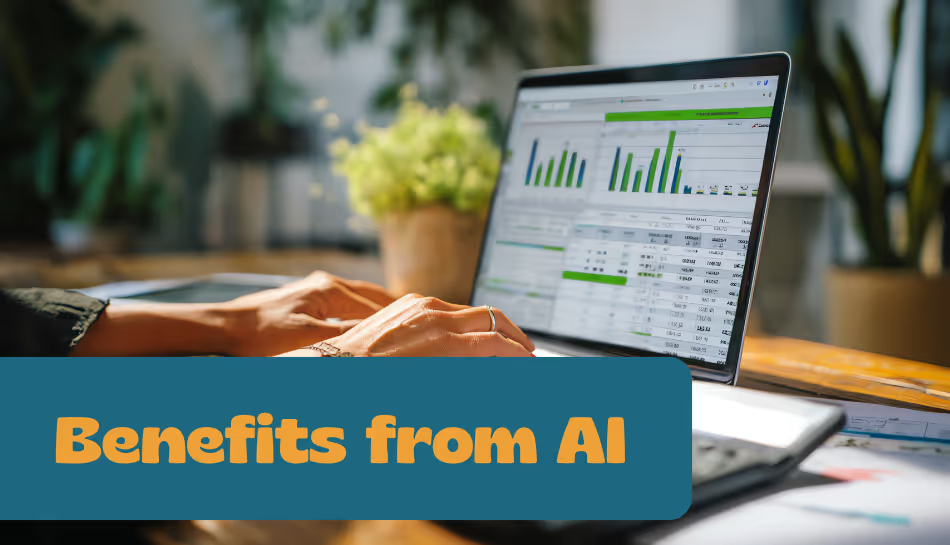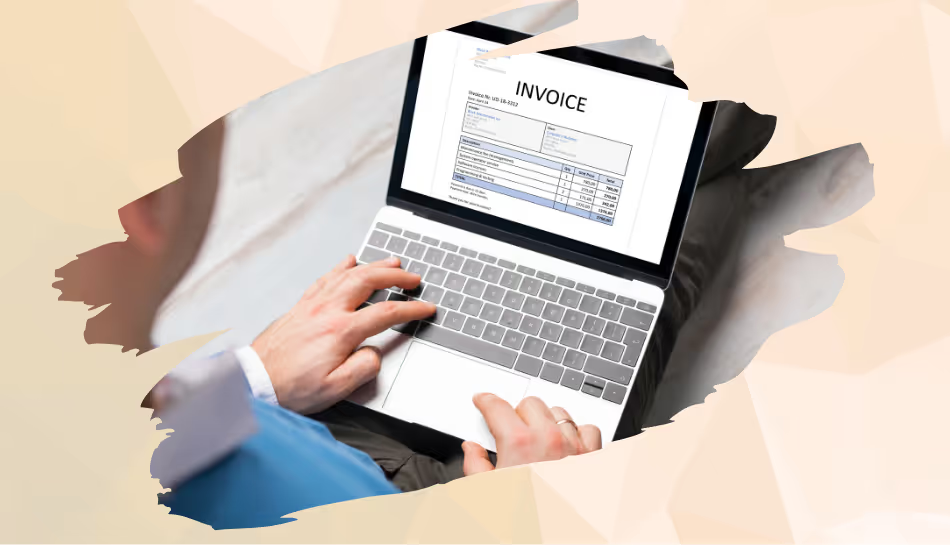
Artificial Intelligence, AI, is no longer a futuristic buzzword. Today, it is a strong tool that is now used for changing how businesses manage, analyze, and report their finances. Be it a small business or an enterprise, integrating AI in financial accounting software will facilitate smooth workflows, reduce manual errors, and uncover insights that previously took hours to calculate.
Below, find out how AI and machine learning in finance are changing the landscape of accounting systems-and how they can help your business make smarter, faster financial decisions.
What is AI in Finance?
AI in finance is an approach to financial task execution, powered by technologies like machine learning, predictive analytics, and automation. Unlike traditional systems that totally depend on manual input, AI-based financial ERP software learns from patterns in your data to automate repetitive tasks, detect errors, and even forecast future outcomes.
Why AI Matters in Financial Accounting
In traditional accounting, financial data is manually inputted, checked for errors, and compiled into reports-a very time-consuming process prone to error. The AI-powered financial accounting systems automate these steps. The software instantly captures, categorizes, and verifies transactions. This means accountants can spend less time on data entry and more time on strategic analysis.
More important, though, is that AI in financial ERP doesn't just process data-it understands it. It can identify anomalies in invoices, highlight trends in cash flow, and recommend corrective actions before issues escalate.
Key Benefits of AI in Financial Accounting Software
- Error Reduction
Manual bookkeeping is prone to errors. AI tools employ automation and intelligent validation for the real-time identification of discrepancies, ensuring accuracy and compliance within the data. - Faster Reporting
With AI, reports get automatically generated with data pulled from various sources instantaneously. Reports that used to take days to develop can now be ready in minutes for financial decision-making. - Improved Cash Flow Management
It analyzes the trends in payment patterns and customer behavior to predict instances of delayed payments so that finance teams can plan accordingly. - Smart Forecasting
Machine learning in finance enhances the accuracy of forecasting by evaluating historical trends and current market data, which assists managers in predicting financial outcomes and carrying out more effective budgeting. - Enhanced Fraud Detection
AI algorithms identify unusual patterns that could indicate fraud or misuse. The system flags potential risks, from duplicate invoicing to suspicious vendor transactions, before they turn into actual financial losses. - Time and Cost Efficiency
AI automation reduces the need for repetitive manual work, freeing up employees to focus on strategic goals. It also cuts operational costs through reduced errors and rework. - Better Decision-Making
AI-powered analytics give good insights by turning complex financial data into clear visual dashboards. This makes it much easier for business owners and CFOs to make informed, data-driven decisions.
How Bigsun Leads with AI-Driven Accounting
Bigsun Financial ERP integrates AI and machine learning seamlessly into its accounting system, giving businesses an edge in automation and accuracy. Bigsun’s intelligent dashboards track expenses, generate real-time reports, and predict financial trends-all with minimal human intervention.
Final Thoughts
The benefits of AI in finance are undeniable: greater accuracy, faster analysis, smarter forecasting, and stronger fraud prevention. For businesses that want to move beyond spreadsheets and manual accounting, AI-based ERP systems are the future.
With Bigsun Financial ERP, companies get not just automation but intelligence. It is the difference between reacting to financial data and anticipating what comes next. In a world where every second and every number matters, Bigsun makes sure your finances stay sharp, strategic, and future-ready.

